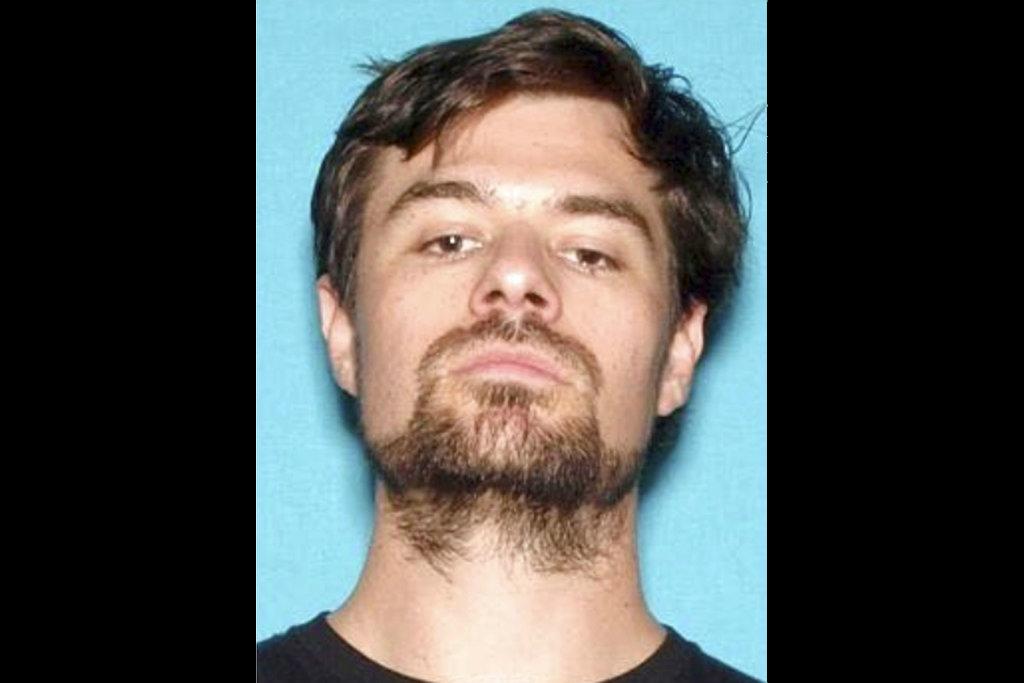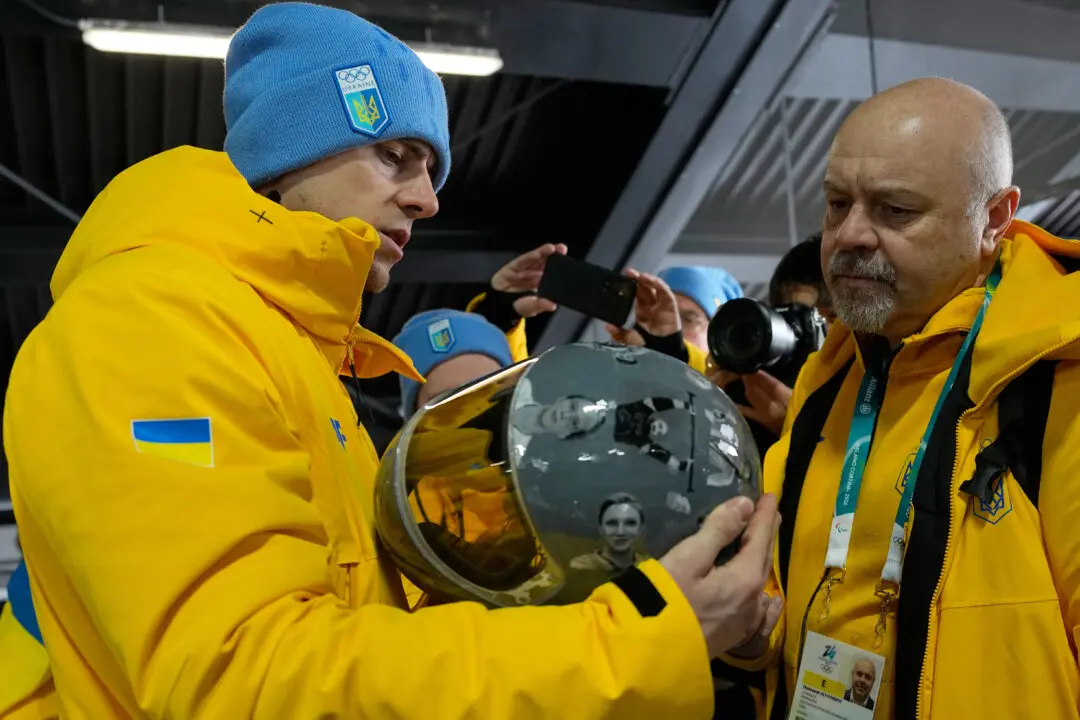THOUSAND OAKS, Calif.—An autopsy determined that the gunman who killed 12 people at a Southern California bar died from a self-inflicted gunshot, police said Nov. 10.
Ian David Long, a 28-year-old ex-Marine machine-gunner, fatally shot 11 people at the Borderline Bar and Grill in Thousand Oaks and a police officer who responded just before midnight Nov. 7. The officer exchanged gunfire with Long, who was found dead at the scene.





